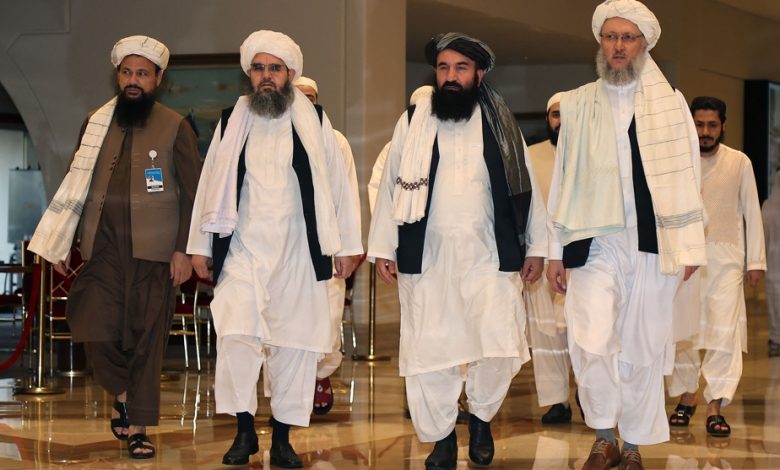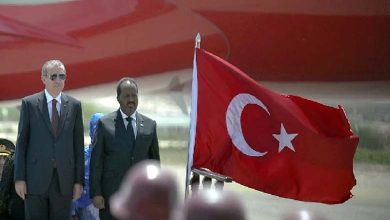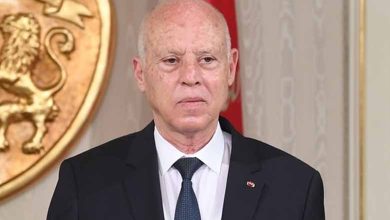Taliban warns against holding a meeting on Afghanistan without them

Responding to a statement by a UN spokesman that the Taliban administration was not invited to a meeting on Afghanistan from various countries in Doha next week, Taliban UN representative Mohammad Suhail Shaheen warned that any meeting on Afghanistan without the participation of the current Afghan caretaker government “would not help in solving the problems but would rather complicate them.”
“Any meeting on Afghanistan without the participation of a delegation from the current Afghan government is not fruitful and does not help solve the problems,” the head of the movement’s political bureau told Xinhua.
The current Afghan caretaker government has the right to be heard at meetings and forums related to resolving the issues in Afghanistan, Shaheen said.
“In meetings like this, while we hear their voices, they should also hear our voice, which is why our presence is essential,” he said.
When asked whether the Taliban government was ready for any compromise if the international community offered to recognize it in exchange for changing its way of governing, women’s issues, and other contentious issues, he replied that at the outset all parties needed to remain engaged with the current Afghan government to understand the issues and to understand how to move forward.
On Friday, UN spokesman Stephane Dujarric said that “the Secretary-General has not invited de facto authorities.”
Last week, the UN was forced to stress that the meeting would not focus on possible international recognition of the Taliban administration, following statements from the UN deputy secretary-general that sparked concern and confusion.
Instead, the meeting in Qatar on Monday and Tuesday aims to focus on revitalizing “international engagement around common objectives towards a durable way forward on Afghanistan,” Dujarric said.
The Taliban seized power in August 2021, as US-led forces withdrew after 20 years of war.
In December, the 193-member UN General Assembly agreed for a second time to postpone a resolution on recognizing the Afghan Taliban administration, preventing it from sending an ambassador to the UN in New York.
On the other hand, the (Taliban) government confirmed on Friday that preventing Afghan women from working with the United Nations is “an internal social issue”, in response to the adoption of a UN Security Council resolution condemning this matter.
The 15 members of the Security Council unanimously adopted on Thursday a resolution condemning, in particular, the trend of the (Taliban) authorities in early April (April) to expand the ban preventing non-governmental organizations from employing Afghan women, to include United Nations agencies, considering that it “undermines human rights and humanitarian principles.”
The Taliban say they “respect women’s rights” in line with their strict interpretation of Islamic law. Taliban officials said the decisions regarding female humanitarian aid workers were an “internal matter”.
He called on the Security Council (Taliban) to “swiftly reverse” policies and practices that restrict the fundamental freedoms of women and girls. He urged “all states and organizations to use their influence” to “urgently abolish these policies and practices.”
Since its return to power, the Taliban has gradually increased measures restricting freedoms, particularly for women.
Girls have been banned from high school and university, women have been excluded from most public jobs, or have been given low wages to induce them to stay home.












